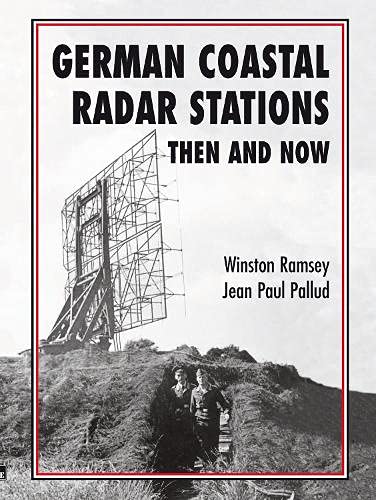

Most ebook files are in PDF format, so you can easily read them using various software such as Foxit Reader or directly on the Google Chrome browser.
Some ebook files are released by publishers in other formats such as .awz, .mobi, .epub, .fb2, etc. You may need to install specific software to read these formats on mobile/PC, such as Calibre.
Please read the tutorial at this link: https://ebookbell.com/faq
We offer FREE conversion to the popular formats you request; however, this may take some time. Therefore, right after payment, please email us, and we will try to provide the service as quickly as possible.
For some exceptional file formats or broken links (if any), please refrain from opening any disputes. Instead, email us first, and we will try to assist within a maximum of 6 hours.
EbookBell Team

4.4
22 reviewsWhen German forces occupied the coastline of the English Channel in 1940, one of the measures undertaken to give early warning of attacks from the sea or air was to set up a line of radar stations. Although this invisible screen was a passive defense, it was a serious ‘barrier’ that had to be neutralized for the Allied invasion to be launched in 1944. Planners at RAF Medmenham had established there the Central Interpretation Unit (CIU) to examine the results of aerial photography over the Continent and the unit prepared plans of every enemy radar site ready for briefing pilots undertaking pre-invasion attacks. Those once-secret plans are now reproduced in this book, alongside the wartime photography, with comparison views of the sites today. Where farmland has now reclaimed the sites little remains to be seen, but on others there are still significant traces of a once-powerful weapon in the German armory. To set the scene, Professor R. V. Jones, the Assistant Director of Intelligence at the Air Ministry, recounts the events leading up to the proposal to mount a raid on the radar site at Bruneval. The site had what became known as a ‘Würzburg’ and the idea was to dismantle and remove the critical parts of the unit to bring then back to Britain and, hopefully, at the same time capture the operators for interrogation.